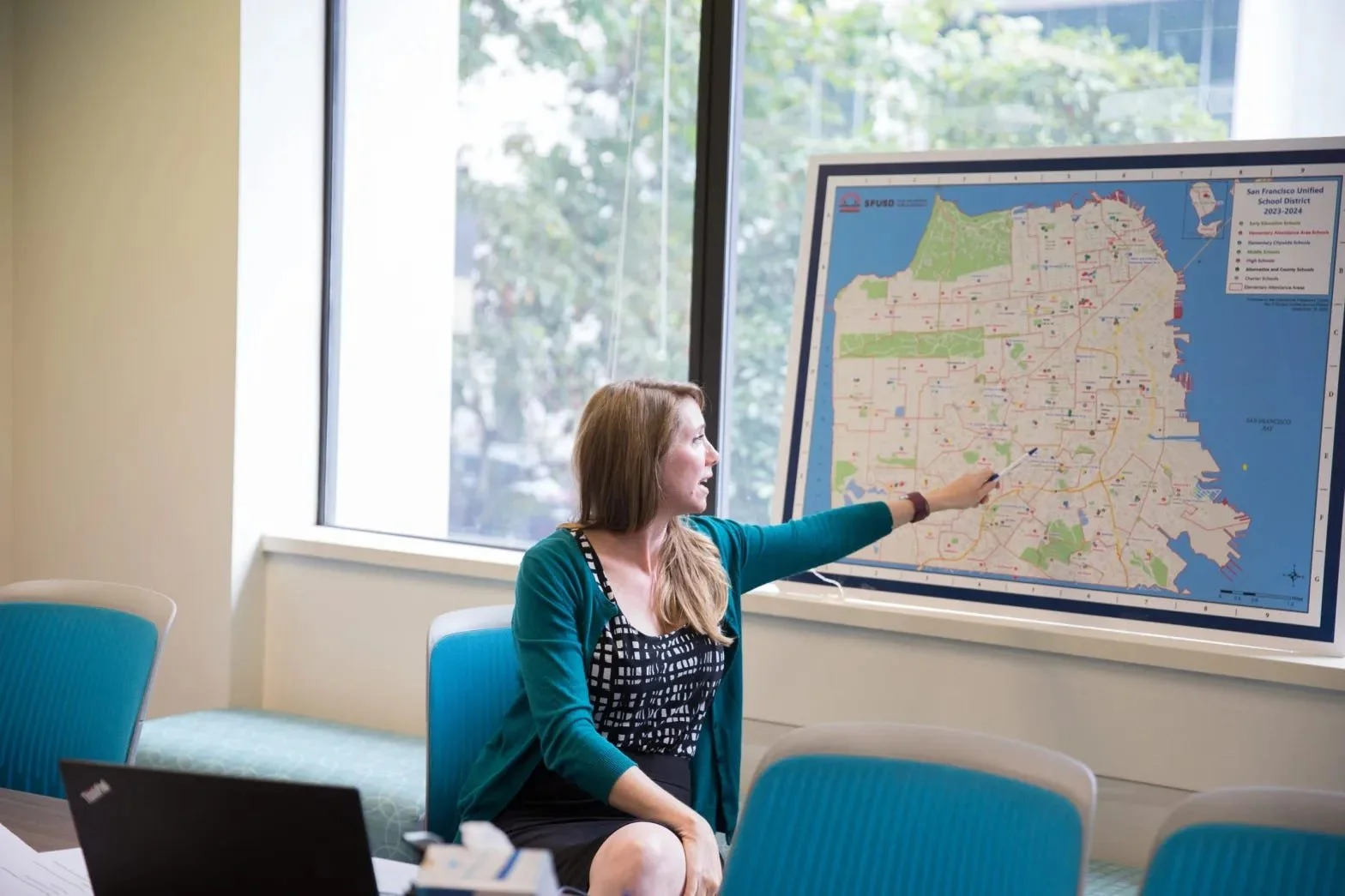Dear Loyal Readers,
Thank you for being patient with me as I navigate the back-to-school press. I’m still working a bazillion hours, but for the most part, I feel like my actions are supporting teachers and helping students. We’ve had a strong start here at my little school in Oakland. And we’re all ready to recuperate over this long weekend coming up.
This week, in classic Article Club style, you get four well-written pieces involving a range of topics. There’s everything from the rise of militias, to the rise of ghosting restaurants, from the trend of men leaving the workforce to support their children, to the trend of men forcing women to work harder to support our children.
First up is our lead article, “Armed and Underground: Inside the Turbulent, Secret World of an American Militia,” by Joshua Kaplan. Published in ProPublica, the piece is a well-reported look inside American Patriots Three Percent, a militia that has grown in strength since the January 6 Capitol attack. With the election a few months away, I would say that if you haven’t heard of AP3 yet, you most likely will soon. Reading this article, I couldn’t stop thinking that for many of the militia’s members, alongside their violent aspirations is a longing for belonging and camaraderie. (Don’t mistake that sentence to mean I condone the group’s behavior.)
If you can’t spare a half hour to read the lead article, or if you can’t stomach the topic, I’ve included three other pieces for you in today’s issue. They’re about:
a man who says that the best way to achieve feminism is for him not to work
a superintendent who says that scripted curriculum is best for kids
people who make reservations and don’t bother to cancel them
If you like an article or two, go ahead, hit reply or email me. I’d love to hear from you. Or if you prefer, show your support by becoming a paid subscriber (like Donna!).
Subscribe
1️⃣ Armed And Underground
Joshua Kaplan: “The American Patriots Three Percent is a militia that has long been one of the largest in the United States and has mostly managed to avoid scrutiny. Its ranks included cops and convicted criminals, active-duty U.S. soldiers and small-business owners, truck drivers and health care professionals. Like other militias, AP3 has a vague but militant right-wing ideology, a pronounced sense of grievance and a commitment to armed action. It has already sought to shape American life through vigilante operations: AP3 members have ‘rounded up’ immigrants at the Texas border, assaulted Black Lives Matter protesters and attempted to crack down on people casting absentee ballots.
“Under Scot Seddon, AP3 was both an armed right-wing resistance group and something akin to a Rotary Club; camaraderie was as important a draw as ideology. AP3 members patrolled city streets with AR-15-style rifles and baseball bats during Black Lives Matters protests. They practiced attacking dummies with knives. But they also taught each other how to save money on groceries through gardening and organized seminars where they wrote reports on each Constitutional amendment. One member said the group dispatched trucks filled with clothes and furniture to his family after a wildfire destroyed their house. AP3 had its own monthly magazine, with militia news in the front pages and word games for kids in the back.”
By Joshua Kaplan • ProPublica • 25 min • Gift Link
2️⃣ A Man Who “Leaned Out” To Support His Wife’s Career
Timothy B. Lee used to be an successful journalist. He served as a reporter at The Washington Post and founded Vox Media with Ezra Klein. Then he became a dad.
He and his wife, a doctor, think of doing what most couples with children do: grind out the hours, understanding that working less might undermine financial security. After all, they both work “greedy jobs” — those that pay more per hour the more hours you work. But in the end, Mr. Lee and his wife decide that he would quit his job to become a stay-at-home dad for their three children. (He writes a newsletter on the side. But does that count as work? 😀 )
In this essay, Mr. Lee argues that we should rethink the goals of feminism. He writes, “We’ve done a lot to encourage women to pursue careers in traditionally male professions. But we still don’t do enough to encourage men to do traditionally female work in our homes and communities.”
By Timothy B. Lee • Full Stack Economics • 10 min • Gift Link
Here is Luna, the elegant and demure sister of Arlo, this newsletter’s mascot. There are plans for Luna and Arlo, separated since toddlerdom, to be reunited soon. A big thanks to Embark, a pet DNA testing company, for the connection. Want your pet to appear here? hltr.co/pets
3️⃣ The Education Of Mike Miles
Back in the 2000s, educational reform was all about extrinsic rewards and no excuses. Michelle Rhee gave out bonuses for teachers in Washington D.C. whose students performed well on standardized tests. Teachers in Atlanta erased their students’ wrong answers in exchange for extra pay. Meanwhile, KIPP Public Charter Schools led a national movement that pushed teachers to conduct their classrooms with military precision. But over the last decade, and particularly since the pandemic, these educational trends have subsided. Some would say that the practice of being mean to teachers and students has become a relic.
But don’t tell Mike Miles this. He’s the newish superintendent of Houston Independent School District, where students have struggled academically. A former ranger in the U.S. Army, Mr. Miles believes in running a tight ship. This means a mandatory scripted curriculum and heavy demands on teachers. It’s no mystery why 4,680 of HISD’s 11,000 teachers left the district in 2023-24.
Does this concern Mr. Miles? Not in the slightest. It’s all part of the plan.
By Andrea White • Texas Monthly • 25 min • Gift Link
4️⃣ How Not To Cancel A Restaurant Reservation
Lately, my friend Barbara and I have enjoyed going to restaurants that soon will be closing. They’re a dime a dozen here in the Bay Area. Some say let’s blame the pandemic. Others think $20 for a cocktail is a bit steep. But if you ask restaurateurs, the biggest problem is rude diners who don’t bother to cancel their reservations.
“It’s demoralizing,” one restaurant owner said. “It hurts me every time.”
I’m including this article not because I have strong opinions about the culinary industry. Rather, it’s because it boggles my mind that someone would make a reservation, not go, not say anything, then get mad when they’re held accountable. I suppose it’s safe to say that I’ve never been a fan of ghosting. (My friends tell me I should lighten up a little. What do you think?)
By Soleil Ho • The San Francisco Chronicle • 5 min • Gift Link
Thank you for reading this week’s issue. Hope you liked it. 😀
To our five new subscribers — Hope, Aramis, Krysvask, Dale, and Nihal — I hope you find the newsletter a solid addition to your email inbox. Welcome to Article Club. Make yourself at home.
If you appreciate the articles, value our discussions, and in general have come to trust that Article Club will have better things for you to read than your current habit of scrolling the Internet for hours on end, please consider a paid subscription. I am very appreciative of Donna, our latest paid subscriber. Thank you!
Subscribe
If subscribing is not your thing, don’t despair: There are other ways you can support this newsletter. Recommend the newsletter to a friend (thanks Ivona!), leave a comment, buy me a coffee, or send me an email. I’d love to hear from you.
On the other hand, if you no longer want to receive this newsletter, please feel free to unsubscribe below. See you next Thursday at 9:10 am PT.

























